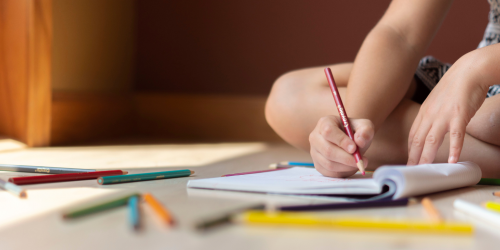
Photo Source: Pexels
Now that we are halfway through the first school year without restrictions, for most, we realize we cannot simply go back to normal.
According to the Nation’s Report Card, reading levels decreased by 5 points and math declined by 7 points on average from 2020-2022. (1) Researchers estimate that it will take two to four months of extra learning to catch up. (2)
Beyond the efforts of teachers and researchers, parents and caring adults play a very important role as well. For younger students, learning opportunities at home can be increased. For older struggling students, parents should take advantage of tutoring and summer learning opportunities.
While a lot of learning and social engagement is still happening virtually, those times should be limited. For elementary kids, the recommended daily screen time is one to two hours, for high school students two to three hours, and for college students three to four hours. (3) Humans learn and connect best when interacting with one another.
Children are struggling more emotionally which can impact them academically. When your child says something like, “I just can’t do this homework!”, these types of statements can lead to despair. Help him shift his focus to look at the situation from a different angle. Show what parts he can do and then examine the causes of his struggles to come up with a plan to address them. Although academic challenges are real, we also can make sure we are paying attention to things that are going well. One could just think back on the day's events before going to bed and meditatively recall the things for which she is grateful. (4)
We want to continue to nurture our children spiritually so they can grow holistically. “True education means more than pursuing a certain course of study. It has to do with the whole person, and with the whole period of existence possible to human beings.” (5) Remember God can do for us in these challenging times, “If any of you lacks wisdom, let him ask of God, who gives to all liberally and without approach, and it will be given to him.” James 1:5 NKJV.
The burden of catching our children up on lost learning can’t rest solely on our teachers. Let us all work together for the sake of our children so this won’t be a lost generation.
Alina Baltazar, PhD, MSW, LMSW, CFLE, licensed clinical social worker and certified family life educator, is professor of Social Work and co-associate director of the Institute for the Prevention of Addiction at Andrews University.